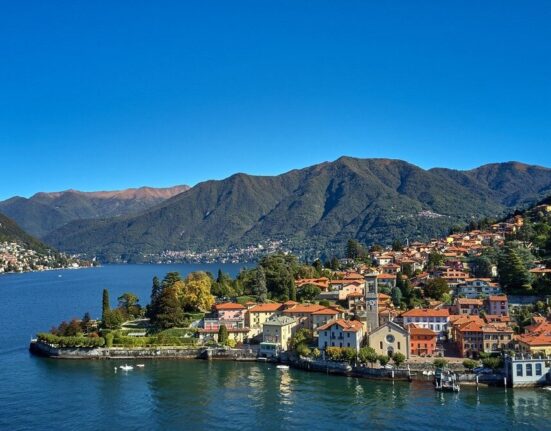In a virtual address to the 17th BRICS summit, Russian President Vladimir Putin made a thought-provoking statement that reverberated across the global economic landscape. With an air of authority, he declared,
“The model of liberal globalization is becoming obsolete.”
Putin’s remarks carried weight as he emphasized the shifting tides in the global economic arena. He highlighted the increasing prominence of emerging markets, noting how they are driving substantial growth, particularly within the BRICS nations – Brazil, Russia, India, China, and South Africa.
The President painted a picture of a world in flux, where traditional power structures are giving way to a more equitable and multipolar order. This sentiment resonates strongly against the backdrop of BRICS’ rising influence on the world stage. The organization has expanded its reach to encompass leading states from Eurasia, Africa, the Middle East, and Latin America – collectively possessing immense political, economic, scientific, technological, and human potential.
It was striking when Putin underscored that not only do BRICS countries cover one-third of Earth’s landmass and nearly half its population but also command 40% of the global economy. This statistic speaks volumes about their collective strength and impact on international affairs.
Moreover, Putin stressed that despite their diverse development models and cultural backgrounds, BRICS nations champion principles such as equality, good neighborliness, respect for traditional values, friendship ideals aiming to contribute to global stability and security.
Looking ahead with optimism and foresight into future collaborations among BRICS members; Putin outlined key areas for enhanced cooperation including technology exchange; resource utilization; logistics optimization; trade facilitation; financial integration. Of particular note was his emphasis on boosting trade using national currencies between member states—a move aimed at reducing dependency on external monetary systems.
As discussions progress at this significant summit in Rio de Janeiro—a gathering expected to set new milestones for cooperative ventures—the spirit of camaraderie and fair collaboration characteristic of BRICs remains palpable. The final declaration from this meeting holds promise as a solid foundation for continued partnership among these influential nations.
In summary—Putin’s address was not just about highlighting geopolitical shifts or economic data points—it was a call to embrace change proactively while fostering mutual growth underpinned by trust and shared goals. The winds of transformation are blowing through global corridors—how we navigate them together will shape our collective future.









Leave feedback about this